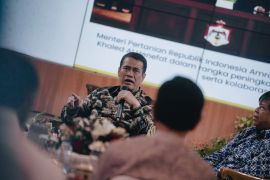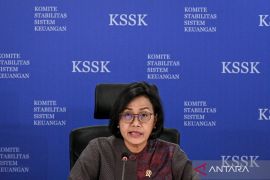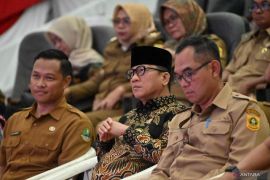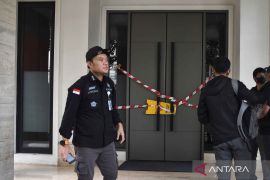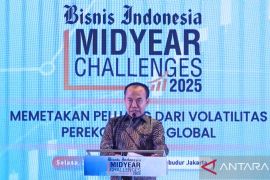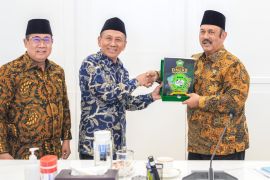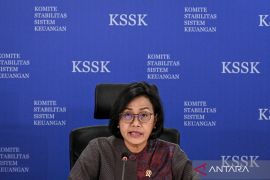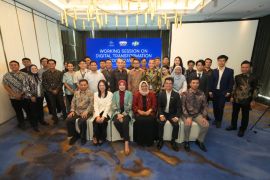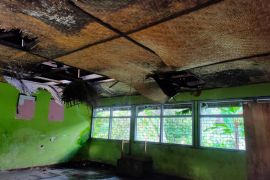The move is expected to relieve the business world and investors of the negative impact of these policies, Director General of Air Transportation Suprasetyo said here on Friday.
"We will also scrap lengthy and overlapping bureaucratic procedures which have caused major economic burdens to airlines and passengers," he reiterated.
The deregulation of the aviation industry is also aimed at encouraging and increasing the role of the private sector and stakeholders in developing effective and efficient air transportation connectivity, he noted.
The deregulation exercise will include Regulation of the Transportation Minister, No. PM of 2015, concerning requirements for Capital Ownership of Corporate Bodies in the Transportation Sector and Regulation of the Transportation Minister, No. PM of 2015, concerning Rejuvenation of Airplanes.
The others are Regulation of the Transportation Minister No.64 of 2015 concerning Amendment to Regulation of the Transportation Minister No. KM 57 of 2010 concerning Civil Aviation Safety Requirements (CASR Part 141) concerning Requirements for the Certification and Operation of Aviation School, and Regulation of the Transportation Minister No. 174 of 2015 concerning Ground Support Equipment.
In addition, the government will also build certain kind of infrastructure on priority, particularly airports, in a just and proportional manner, he stressed.
"By focusing on developing airports in remote, outlying, inland, border and disaster-prone regions, the government expects an even distribution of resources which will encourage the economy," he explained. (*)
Editor: Heru Purwanto
Copyright © ANTARA 2016
